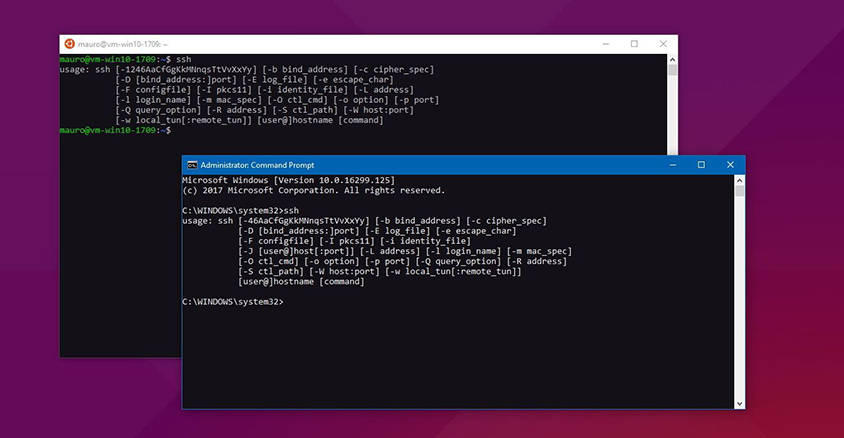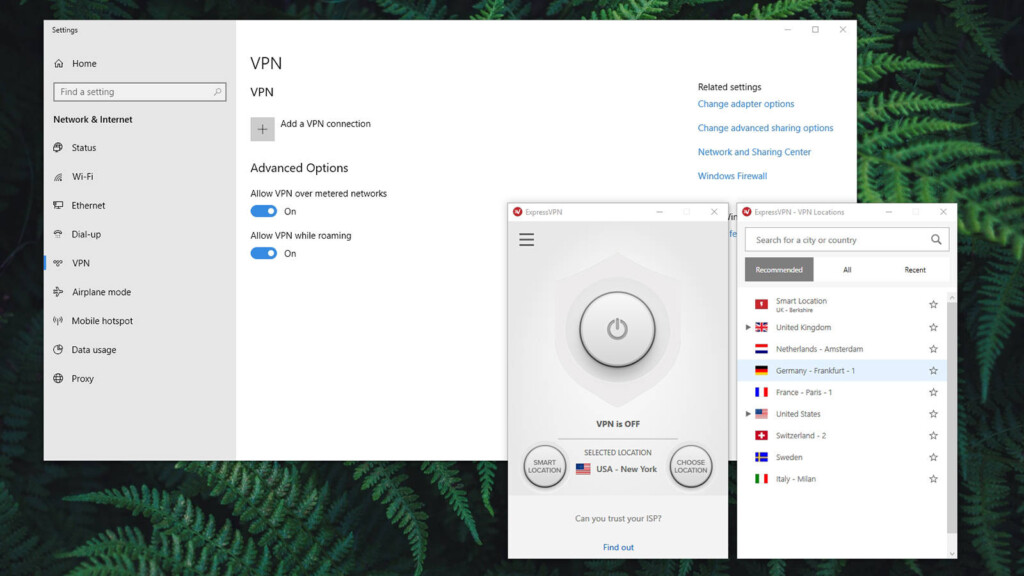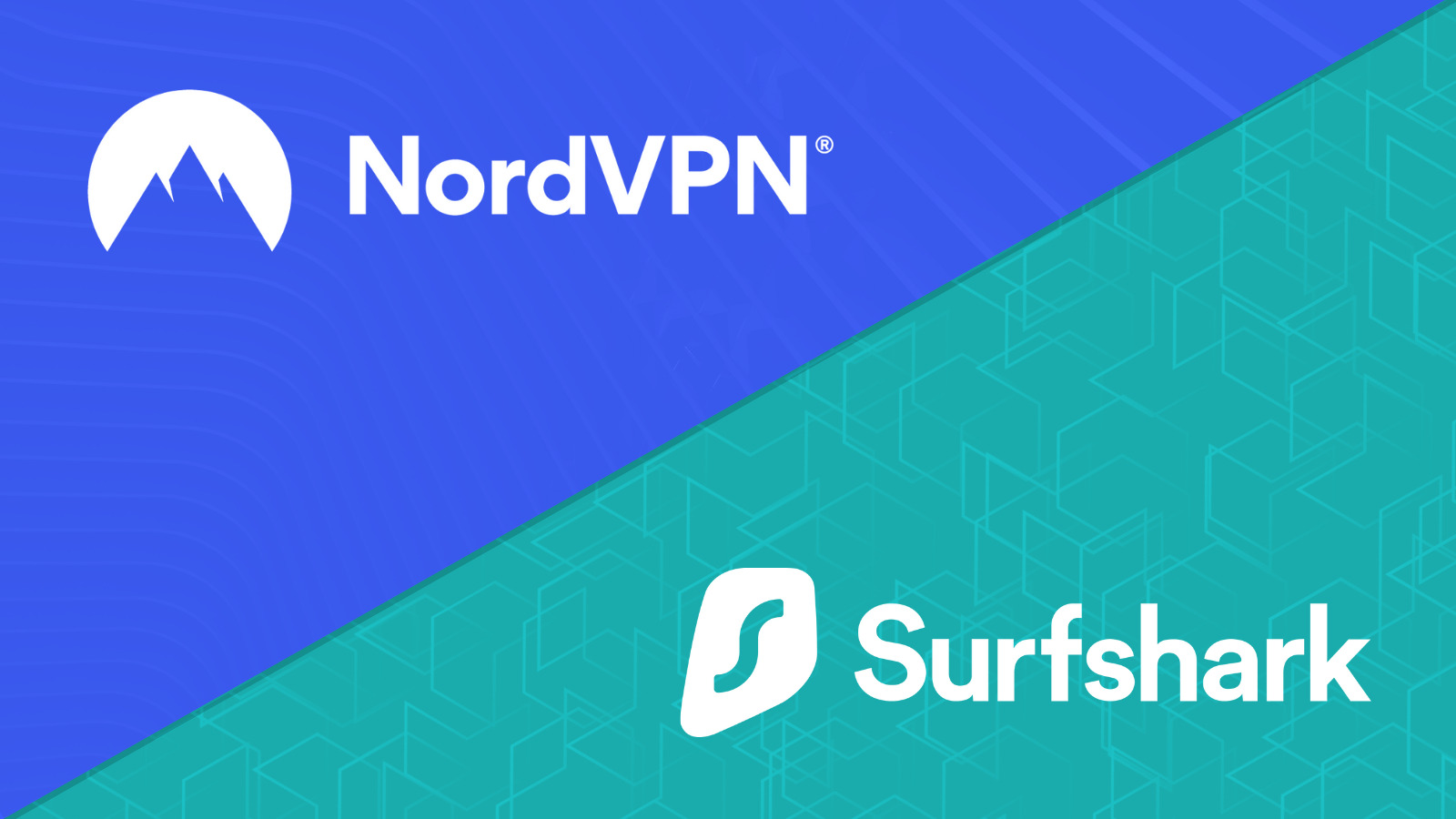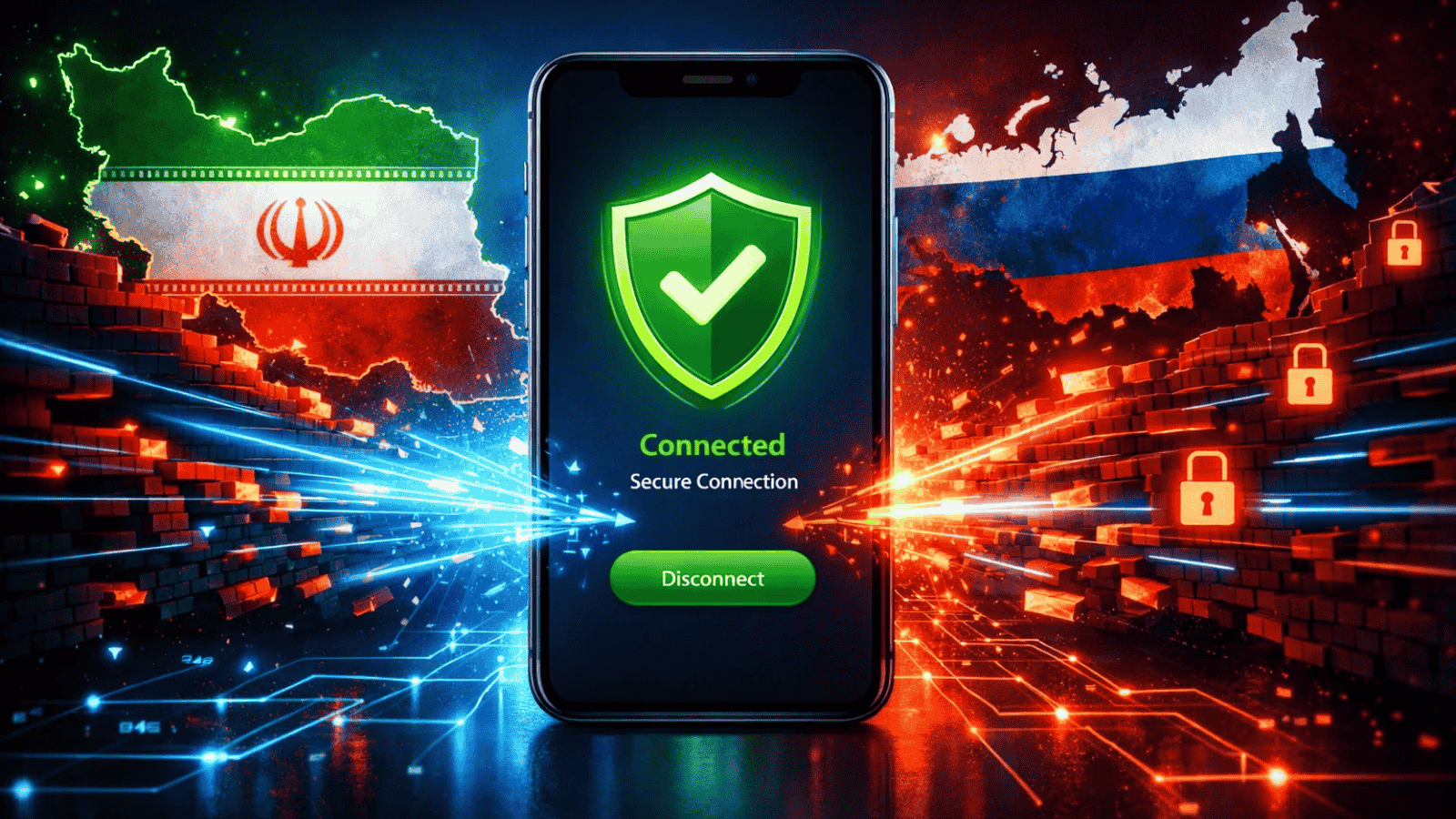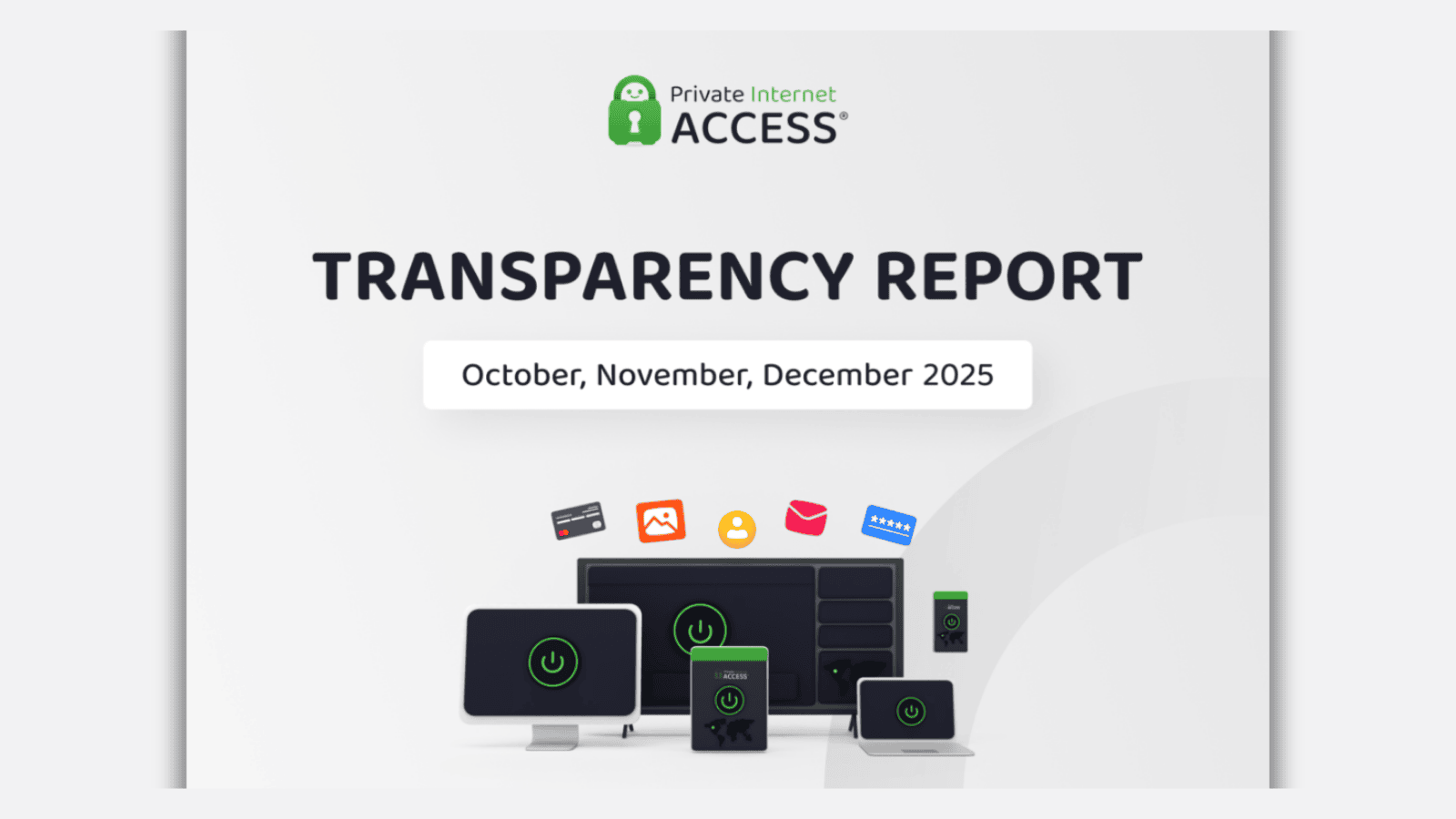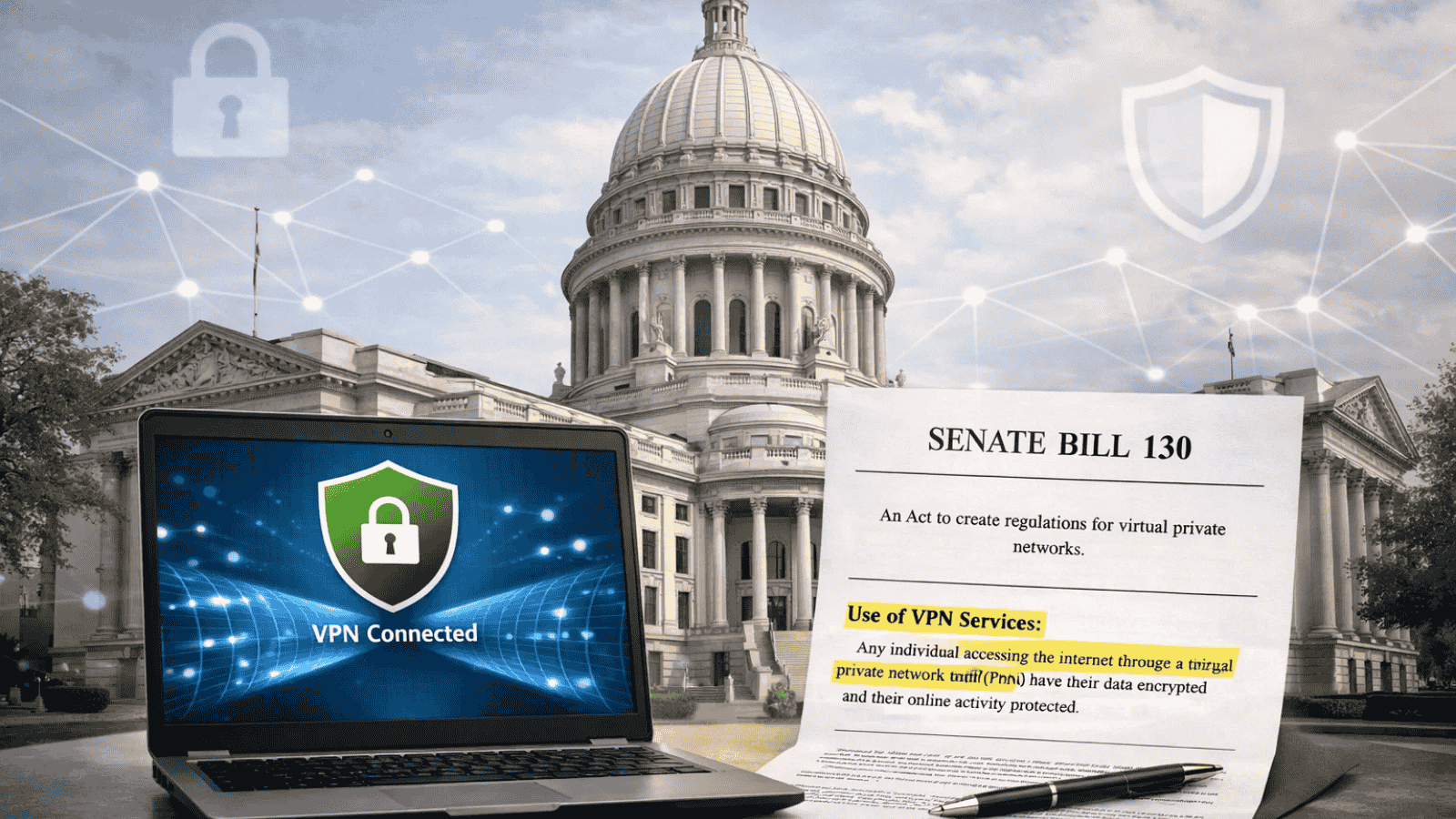When you purchase through links on our site, we may earn an affiliate commission. Here’s how it works.
VPN vs SSH: Which Security-Oriented Technology You Should Use?
Our experts have reviewed 53 VPN providers, which were put through extensive rounds of testing. To learn more about that process, here’s how we review VPNs, where we explain our criteria and our policy of being fully transparent.
VPN vs SSH: What Are They & Why Use Them?
The best way to compare these two privacy-oriented technologies is to compare them. Therefore, we'll start by explaining what is VPN and SSH, their use cases and the benefits they bring. In the end, we're going to tell you which one is more secure. Keep on reading.
What is SSH?
The term 'SSH' is short for Secure Shell. The 'shell' is a command interface usually meant for sending commands to an operating system on a computer. When you open up the command line you are using a shell, but Windows’ graphical interface is also a shell.
You can access the shell of a computer remotely and send commands to it. For example, if you have a Linux server running somewhere, you can use a remote shell to manage it from anywhere via the Internet. In simple terms, you can look at this as a tunnel between two computers. No matter where you are in the world, all you need is the Web to make a direct connection between two computers (devices).
That’s where SSH comes in. SSH is a network protocol that was specifically designed to remotely log into a computer. Despite its main use case, you can actually secure any network traffic with the SSH protocol.
SSH comes from Unix and Unix-like operating systems. Both the client and the server undergo certificate validation to make sure everything is above board. While you can simply use SSH to log in to a remote computer and give it commands, it’s entirely possible to create a protected network tunnel with the same technology. That sounds a lot like a VPN, right? But this is only true on the surface. The distinction will become clear once we’ve also covered VPNs.
Benefits of SSH
You have probably encountered a command line before. For example, you can use it to trace IP addresses on the Web (among many other things). As said earlier, SSH can be used via a command line tool present on your operating system. This fact alone is enough to scare off non-technical users.
When it comes to those who like to dig deep into their computers, SSH is a nice way to perform operations not usually available to regular users. For example, this is the best way for IT admins to manage a bunch of servers, while developers use SSH to test their software on mobile devices. In the middle of all of this, we have secure SSH tunnels. Windows offers the most convenient way to create SSH tunnels and to deploy all kinds of information through this type of connection. For example, you can share files securely or deploy passwords. Still, average users would need a lot of time and effort to dive deep into this technology.
What is a VPN?
A VPN or Virtual Private Network is a technology (or rather a group of technologies) that creates a network tunnel over the public Internet. Businesses often use them so that remote offices or workers can use the LAN over the WAN as if they were physically present.
In recent years, in the wake of many privacy scandals, VPN services have become popular too. Essentially, this means normal people like you and us can pay a monthly fee and then get their entire network connection protected in a secure encrypted tunnel.
VPNs can hide your IP address and make it look like you are connecting from a different location than your real one. This makes them a powerful tool in the quest to use the Net safely.
Benefits of VPNs
The most important thing to be said about VPNs is that they've become user-centric. They were initially conceived as a secure file and information transfer protocol in large business environments. In fact, they are still used for this purpose. However, there's another side to VPNs, oriented towards regular Web users.
Regular users might want to stick to VPNs designed for Windows, Mac, Android, or iOS. More advanced users can even create their own VPN server at home. No matter which path you choose, you'll get the same result. A VPN will boost your security, encrypt your data, and even unblock ISP throttling. This is all possible by using one of the numerous VPN protocols.
Differences Between VPN and SSH
The big difference between VPN and SSH technology has to do with which level of the TCP/IP stack they operate on. In other words, what part of the network technology that the TCP/IP protocol describes how do they operate. This is actually the biggest difference in our VPN vs SSH comparison.
VPNs operate on a lower-level than SSH connection. Specifically, they operate on layer four, which is known as the 'transport' layer. This is why when you install a VPN app, it will often install a virtual network adapter. When your computer is connected to the Internet, ALL network traffic goes over the VPN tunnel. Most importantly, you are hooked into the VPN network, consisting of tunnels across the public Internet.
With SSH, the protocol works on the 'application' layer of the network. It’s designed to connect one computer directly to another computer and then only encrypt the traffic from the app to that computer. Not all the traffic going over your network is protected. This makes sense since if you are only securing a tunnel to a specific computer, not for your whole Internet connection.
It is possible to configure SSH to effectively do what a VPN does, but it’s tricky and technical to accomplish. There is no difference in the actual security level between the two solutions if set up properly. However, with SSH, you are limited to TCP connections and it’s more prone to DNS leaks. It also isn’t a great solution if you care about hiding the source and destination of your traffic. VPNs are awesome at all of these things.
So why use SSH? In some instances, the negative effect of VPN encryption on performance might be too great. SSH also costs less to run, which is why people are interested in it as an alternative to VPNs in the first place.
VPN vs SSH: Which Option is Better?
We believe this is a pretty easy answer. For almost all those looking for the functionality of a VPN, well stick, with VPNs. Although there’s less standardization and plenty of VPN services underperform, it’s still the easiest way to make sure your privacy and security are protected.
SSH has its place and will continue to be the darling of system admins and other IT network professionals for the foreseeable future. Still, the average user is more likely to misconfigure or misunderstand what they’re doing.
We strongly recommend you make use of a proven and user-friendly VPN like ExpressVPN. Yes, it will cost a little bit of money, but that’s well worth the ease and peace of mind you get. So why not try the real deal? We bet you’ll never look back.
Final Thoughts
Dear readers, this is where we end our VPN vs SSH comparison. We understand that this article might be a bit more technical that you would've liked, so don't hesitate to post a comment. We'll do our best to provide a timely response.
Finally, we'd like to ask you to share this article online. Also, don't forget to follow us on Facebook and Twitter. Thanks!



